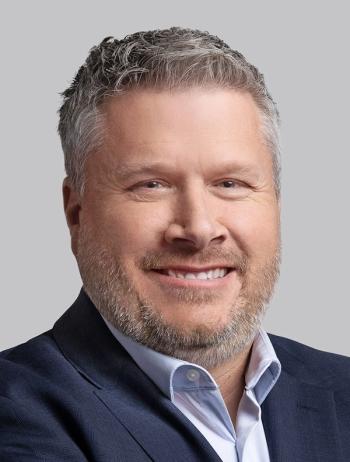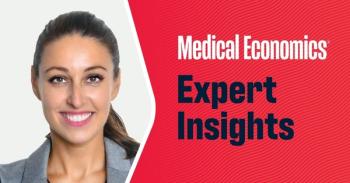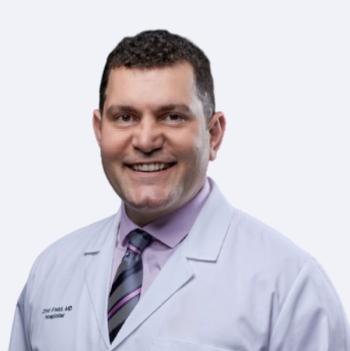
A creative outlet can recharge a burned-out physician
While medicine may be a calling, sometimes an additional outlet is necessary to restore the spirit in the face of burnout.
For most physicians, the work of medicine is a calling and a passion. But it doesn’t have to be the only calling. When signs of burnout strike, sometimes it might be necessary for physicians to pivot slightly away from medicine toward another hobby or act of creativity to regenerate the spirit.
“In a field like medicine, there are going to be parts of yourself that you lose along the way because it is such a demanding task,” says Alexandra Solomon, PhD, a licensed clinical psychologist, clinical assistant professor at Northwestern University and author of the book Loving Bravely.
Alexandra Solomon, Ph.D.
She encourages physicians to put some energy into “refinding” those parts of the self through some sort of non-medical outlet, which can make for a “wiser, more thoughtful, more compassionate doctor.”
No matter how much of a calling medicine may be, she says “it can’t be the sum total. There have to be ways to turn away from the work, and it’s accessing a different part of the self.”
Adam Kendall, MD, MPH, with a specialty in hospice and palliative medicine physician at HealthCare Partners Medical Group in California knows this to be true. His work is tough on the emotions of a physician and can lead to burnout faster than in other specialties. Kendall, a violinist and piano player, has found music to be an important part of leading him back from burnout’s brink.
“I think a place of creative and artistic release is very helpful just in itself,” he says. But he’s especially interested in the way it “produces a gift to others.”
Kendall, whose wife died at the age of 35 in 2011 had grief on top of the demands of his profession to deal with. Even before her death, he had not been making as much time to practice music, one of his passions, so when he returned to it, he found it gratifying to play in public settings “that allow for exchange of people sharing their emotion and expressing a human effect on the community around them.”
Finding the right outlet
He is particularly inspired and recharged when he engages in an outlet that allows him to see “human-to-human interaction and the sharing of unconditional love,” adding that it helps to “re-instill a sense of purpose and belief in life.”
Kendall a recommends that in trying to find an outlet, physicians allow themselves the chance to be “mediocre” at something, rather than extending the same levels of pressure they face on the job to their creative outlet.
Adam Kendall, MD
“A lot of physicians carry a high expectation of themselves to be achievers or to be competent in what they do,” he says. “I would encourage that they try an activity they have never attempted before with others, as a stepping stone to go back into their chosen avocation.”
He gives the example of learning to take swing dancing lessons, which he had never done before, as a way back to music, which had taken a backseat to his work. “It was a great way to test the waters in being mediocre and still come home at the end of the day not having felt any shame.”
A creative outlet or hobby doesn’t have to be in the arts, either, Solomon encourages. It could be sports, hiking, volunteering, horseback riding or anything that allows a physician to be more present with whatever it is they choose to do.
For physicians who do not have an obvious hobby or outlet, or who have abandoned one they once pursued, Solomon says it’s never too late to find it.
“You know where it’s usually hiding? In your memories of yourself as a kid. Very often there is a thread to childhood,” she suggests.
Newsletter
Stay informed and empowered with Medical Economics enewsletter, delivering expert insights, financial strategies, practice management tips and technology trends — tailored for today’s physicians.






